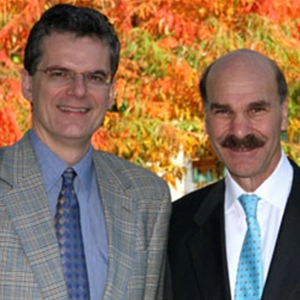More than $1.7M of FY24 Funding Announced by Paula M. Trienens Institute for Sustainability and Energy
Oct 20, 2023 9:09 AM
Over $460,000 in seed funding and $720,000 in lab instrumentation equipment funding awarded to Northwestern University faculty for multidisciplinary research in sustainability and energy
